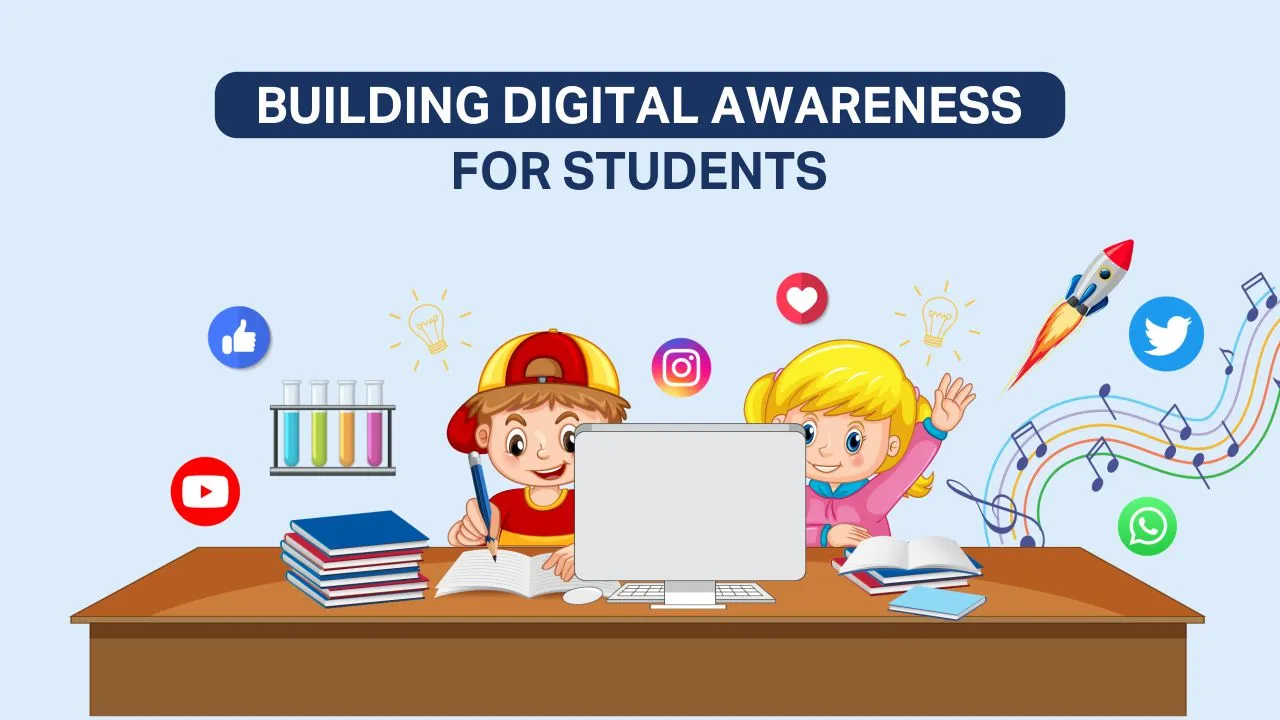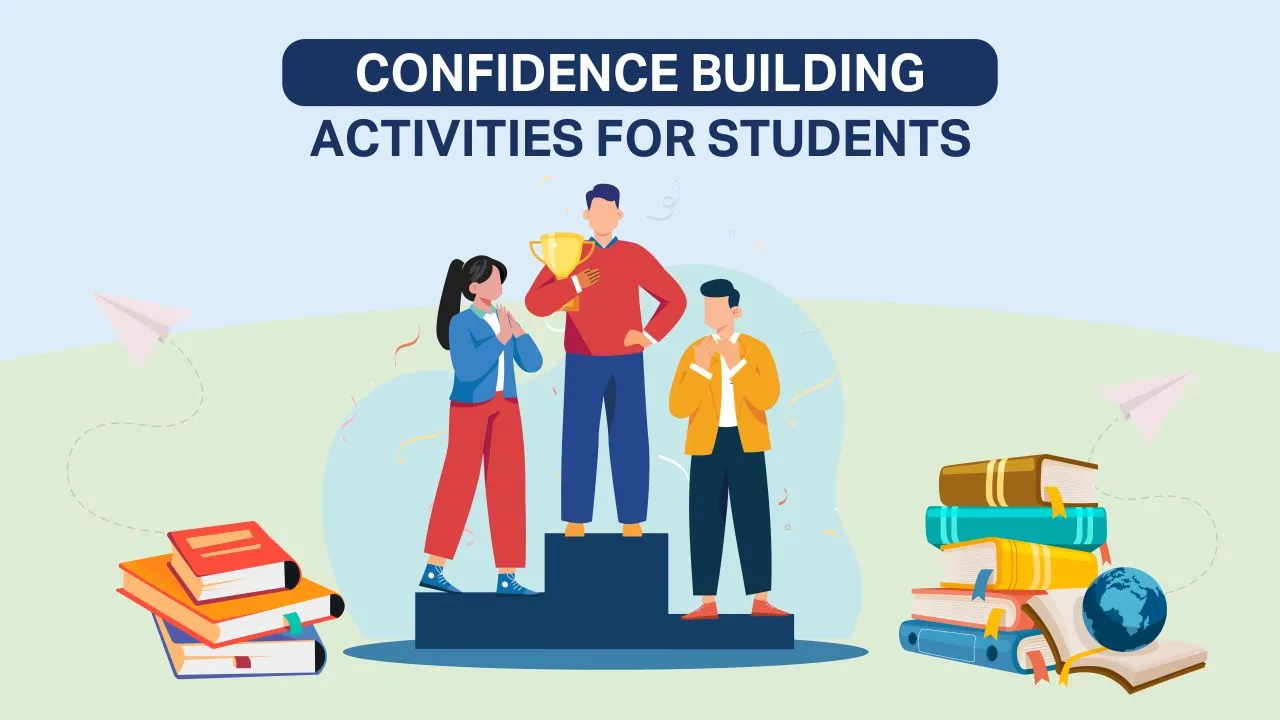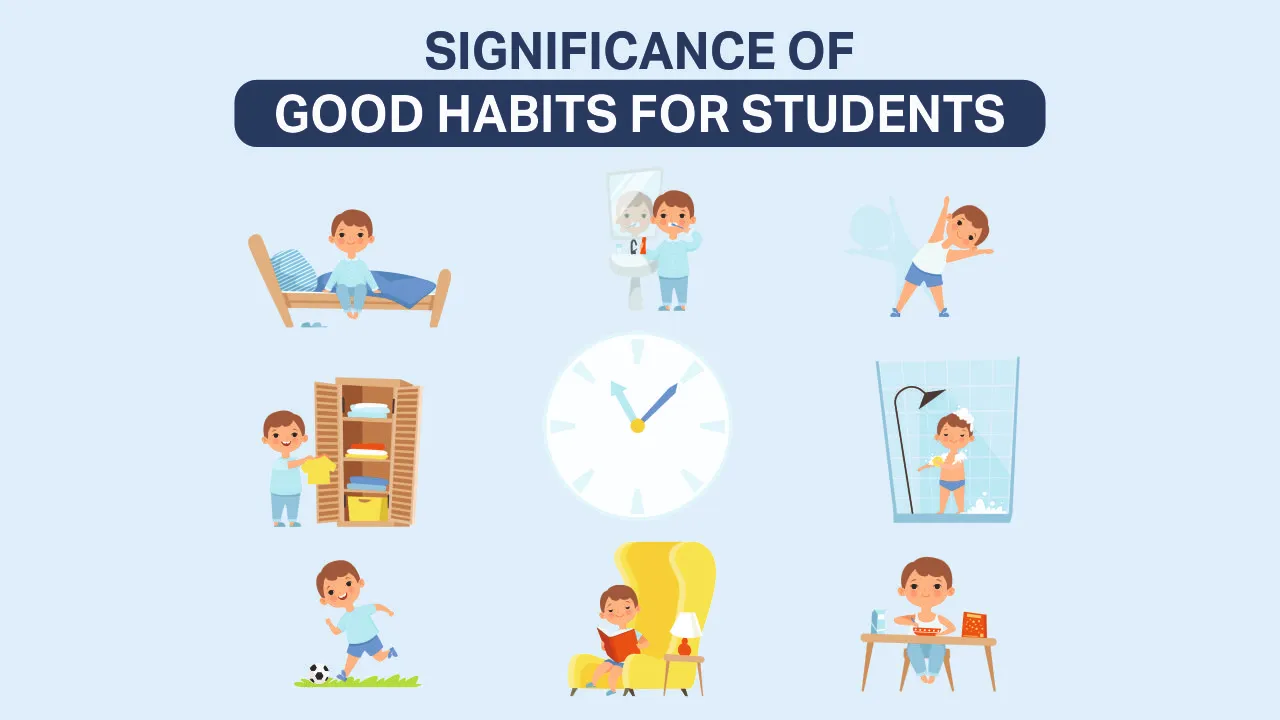Building Digital Awareness for Students
In today’s increasingly digital world, it’s crucial for schools to not only provide students with academic knowledge but also equip them with essential life skills. One such skill that has become indispensable in the 21st century is digital awareness. Digital awareness encompasses a range of competencies that help students navigate the online world safely, responsibly, and effectively. In this blog, we’ll explore why Digital awareness for students is important and provide practical tips for schools on how to build this skill in students.
The Significance of Digital awareness for students
Digital awareness refers to the ability to navigate, evaluate, and utilize digital technologies responsibly and effectively. In a world dominated by smartphones, social media, and the internet, being digitally aware is no longer an option but a fundamental skill. Here’s why it is so important for students:
1. Information Literacy
Students must learn to distinguish between reliable and misleading sources of information. Digital awareness equips them with the skills to critically evaluate online content and make informed decisions.
2. Cybersecurity
With the growing reliance on technology, students need to understand the importance of protecting their personal information online. Digital awareness can help them recognize phishing attempts, create strong passwords, and safeguard their digital identities.
3. Digital Etiquette
Proper behaviour in online spaces is essential. Students need to be aware of digital etiquette, including respecting others’ privacy, refraining from cyberbullying, and maintaining a positive online presence.
4. Academic Excellence
Digital awareness for students is necessary to leverage technology for academic purposes. They can access a vast array of educational resources, collaborate with peers online, and develop digital study skills that enhance their academic performance.
5. Future-Ready Skills
In the modern job market, digital skills are in high demand. Being digitally aware prepares students for future career opportunities and ensures they can adapt to rapidly evolving workplace technologies.
5 practical ways for schools to foster digital awareness in students:
1. Integrating Digital Awareness into the Curriculum
Incorporate Digital awareness for students topics into the curriculum across subjects. Students will be able to learn about online safety, ethical behaviour, and critical thinking as part of their regular lessons. This approach ensures that digital awareness becomes an integral part of their education.
2. Offering Workshops and Guest Speakers
Invite experts or guest speakers to conduct workshops on topics such as cybersecurity, digital ethics, and media literacy. These sessions can provide real-world insights and engage students in meaningful discussions. Encourage students to take responsibility for their actions and hold them accountable for respectful online conduct.
3. Encouraging Critical Thinking
Promote critical thinking by encouraging students to question the information they encounter online. Teach them to fact-check, analyze biases, and consider different perspectives before accepting information as truth.
4. Providing Resources and Support
Offer resources such as articles, videos, and books that address digital awareness topics. Additionally, designate a staff member or counsellor who can provide support and guidance to students facing digital challenges.
5. Fostering Open Communication
Create a safe space for students to discuss their digital experiences, concerns, and questions. Encourage open dialogue about online issues, and let students know they can seek help when needed.
Conclusion
Digital awareness for students is an essential life skill for students. By integrating digital awareness into the curriculum, offering workshops, and promoting critical thinking, schools can empower students to navigate the digital world safely, ethically, and responsibly.





